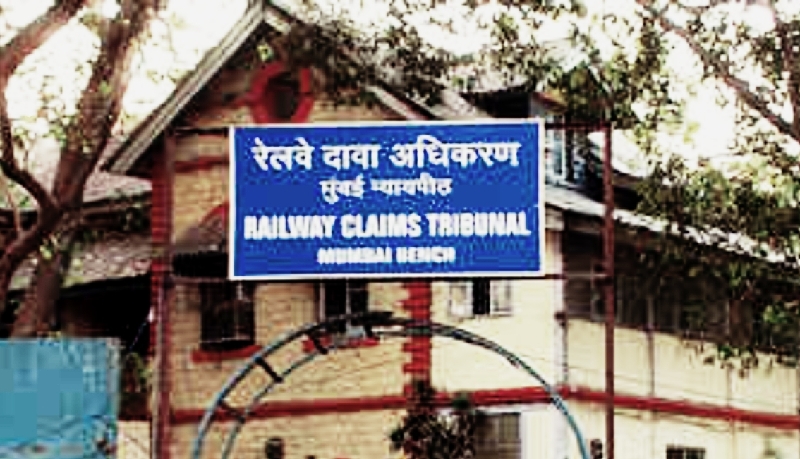Why Shouldn’t Railway Claims Tribunals be Shutdown?
Minister has withheld posting of Administrative Members selected for Railway Officers
Minister has finally listened to another campaign of #Railwhispers
We should shut down all #RCTs except one. Keep that one in Gorakhpur, Hubli or Bilaspur, not a popular metropolis, so that only determined retirees opt for it. Since all interactions are online, the litigants suffer no harassment due to such locations
It goes to the credit of Hon’ble Railway Minister Shri Ashwini Vaishnaw that he has finally listened to another campaign of #Railwhispers. As per reliable sources, he has questioned the very necessity of Railway Claims Tribunal (RCT) and has withheld posting of Administrative Members recently selected for Railway Officers.
Please Read: “Shouldn’t RCTs be Shutdown?“
For the benefit of those, who have not kept track of our efforts, here is a recap of what facts and arguments were put up for the attention of the government.
Railway Claims Tribunals (RCTs) are a popular post-retirement stop for Accounts, who are not accountable in any stage, and Traffic Officers. These tribunals were created decades ago to settle disputes between a claimant and the National Carrier, Indian Railways. The idea appeared appealing since a claimant was no more required to go to a court of law for claiming compensation for loss of property and life.
The proposition to install RCTs was flawed to begin with. It presumes that every claim is a dispute. There are well written rules in Commercial and Accounts documents of Indian Railways on how claims should be settled.
In fact, in case of injuries to travelling passengers or their death they are entitled to a fixed amount as provided for in the insurance that Railways provides for each passenger. A small part of the ticket fare goes into paying the premium for such insurance.
The question then is why should there be an RCT at all? A tribunal is defined as “a body established to settle certain types of disputes”.
We have, somehow, laid down that a claim for compensation is a dispute to start with. And, some Smart Alec in the Railway bureaucracy went ahead, proposed and created, with due approvals, sinecures for his buddies for their sunset years. One only has to see the buzz in the corridors of power to believe this when #RCT vacancies are announced.
A tribunal is created to settle a dispute, just the way the #CAT does, it settles disputes between an employee of the Central Government and the Government. The CAT refuses to hear a petition of an employee unless the employee has exhausted his options of administrative redress.
An RCT is nothing like that. It does not ask a seeker of compensation to first go to the Railway and demand his due and come to its doors only when denied.
An RCT is designed by the sinecure-seekers to be the administration itself! It is the first door an aggrieved person knocks. What a mockery of administrative machinery and jurisprudence!
So, an aggrieved person, instead of simply filling a form or writing a letter to a Railway Authority has to hire a lawyer and file a claim in the RCT. The Railway then hires its own lawyer and contests the claim. How convenient! Retirees and lawyers make merry at government and private expense while the poor aggrieved person is harassed no end.
If we really needed an RCT, we should have just one in the country, where the seeker of compensation should go if the administrative solutions do not satisfy him/her.
Empower the #SrDCMs, #DRMs, #CCMs and #GMs to award compensations. In fact such powers already exist.
All claims should be made online, whether before the Railway administration or this residual RCT.
It should be laid down that there will be no personal appearances at all. No clerk gets to write anything on file. Only officers deliberate and decide, just the way a judge doesn’t depend on the opinions of his clerks.
We should shut down all RCTs except one. Keep that one in Gorakhpur, Hubli or Bilaspur, not a popular metropolis, so that only determined retirees opt for it. Since all interactions are online, the litigants suffer no harassment due to such locations.


